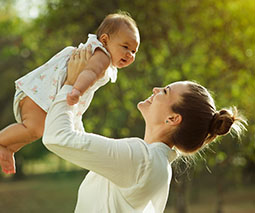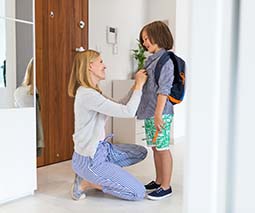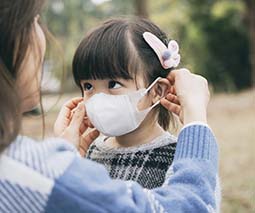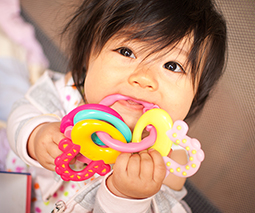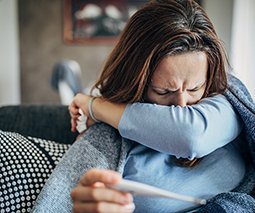What can parents of anxious children do to help them feel better?
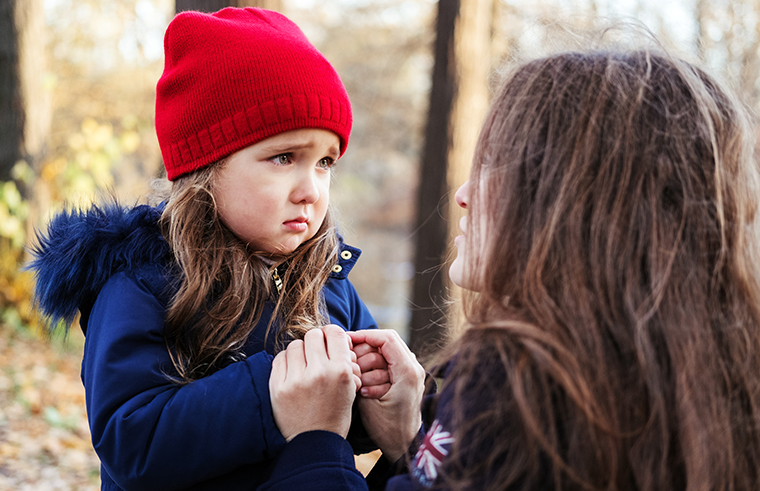
It’s hard to watch your child struggle with anxiety, especially when you’ve suffered from it yourself. Dr Jodi Richardson is a wellbeing expert and co-author of Anxious Kids – How children can turn their anxiety into resilience with parenting educator Michael Grose.
Dr Jodi spoke with Babyology podcast Feed Play Love about why anxiety is so high in kids today – and what parents can do to help their children.
Listen to Dr Jodi Richardson on Feed Play Love:
At least one in 14 kids suffer from anxiety
“We know that one in seven children in Australia on average have a diagnosed mental illness,” Dr Jodi says. “And of those, half have anxiety.”
“So those statistics at the moment show a diagnosis of around 1 in 14 or about 2 in every Australian classroom,” she continues. “But we firmly believe that there are many many more children who are struggling with anxiety but it’s unrecognised or undiagnosed.”
So how do you know if your child’s anxiety is potentially problematic?
“We all get anxious and it’s not something to be fearful of. It’s a normal emotion when kids have stressful events in their lives or challenges and what we know is that with normal anxiety it passes,” Jodi explains.
“An anxiety disorder is when it spills over into impacting daily life and daily functioning and overall happiness and wellbeing.”
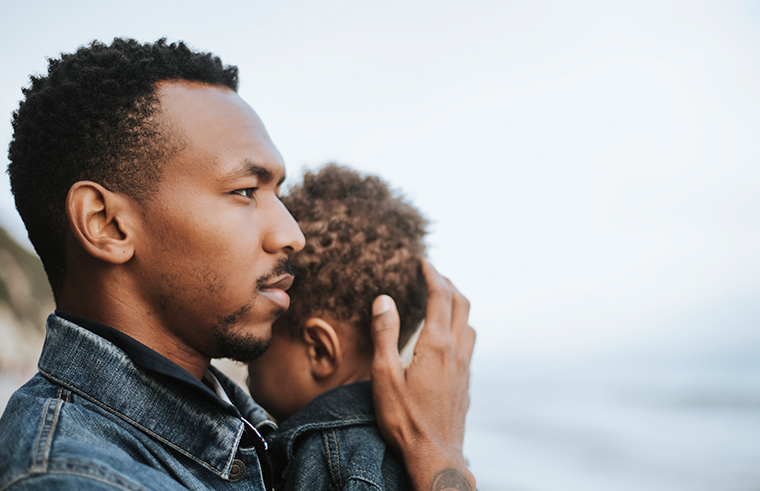
What contributes to anxiety?
Why are so many kids suffering from anxiety? Jodi says there are a bunch of different things that can be contributing factors.
“There are ones we can’t change – their genetic predisposition, and also the personality and temperament traits our kids are born with.
“Outside influences include a range of factors such as over-scheduling and just everybody having too much on or not enough downtime. Our brains aren’t really able to cope with constant stimulation,” Jodi explains. “We need quiet time.”
Screens play their part
“Screens play into mental health and anxiety on a few levels,” Jodi says. “When kids are on screens they’re not exercising, perhaps not playing with their friends or engaging with their family.
“The blue light [from screens] interferes with sleep hormone production and sleep. We know intuitively and also through the science how important that is for mood.
“The content [kids are watching on screens] can cause fear, depending on what kids are seeing. If they’re seeing world events they might not be old enough to understand how far away they are or the likelihood of that happening in their home town,” Jodi points out.
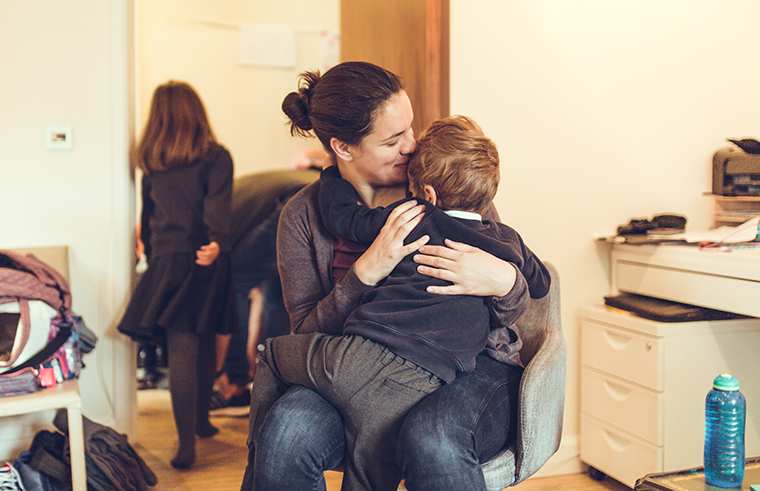
Responding not reacting
Where should parents begin when forming an anxiety-relieving strategy in partnership with their children?
“We use the RULER principle from Yale,” Jodi explains. “So you Recognise, Understand, Label, Express and Regulate.”
This helps children to understand “that it’s completely normal to have a range of feelings, [that] feelings are okay – including anxiety.”
Jodi also recommends helping children develop the skills of mindfulness and intentional breathing to help relieve anxiety, and also teaching children about the benefits of responding to external stimuli, rather than reacting.
“Anxious kids need warmth and understanding and empathy,” Jodi notes. “In the midst of an anxious moment, they need a parent to say, ‘I get it. This is really hard for you. I know you’re really worried. I can tell that this is something that’s really causing you a lot of upset’.”
Edging closer to the hard stuff
It’s also vital to not encourage children to opt-out of the tricky situations that they’re struggling with.
“Gently support them and encourage them to keep moving in the direction of what’s causing them fear. Avoidance is really so common. It’s such a hallmark of anxiety. If it causes fear for a child they don’t want to do it. And that’s the case for a lot of adults as well.
“Avoidance is putting us back in our comfort zone. So children also need to be inched closer, step-by-step towards what it is that is causing them the angst. In doing so, they can learn and teach their brain that ‘I can do this! I can take a step in the direction of what’s causing me anxiety.'”
Find more great stories and expert advice in the Feed Play Love podcast. Available in Apple Podcasts, Google Podcasts,Spotify or wherever you listen.
